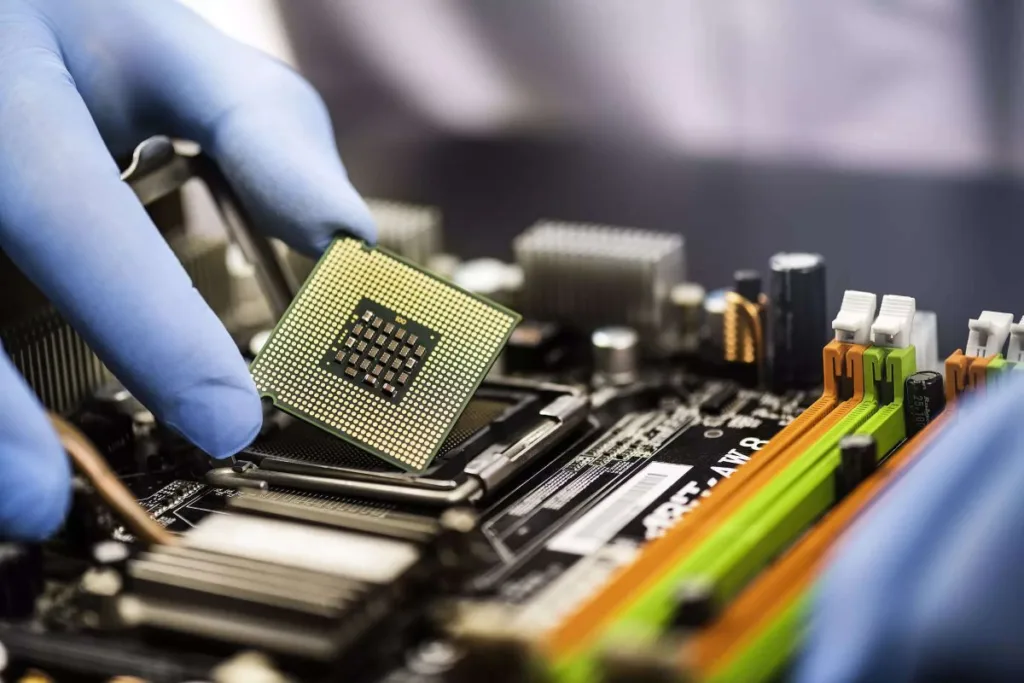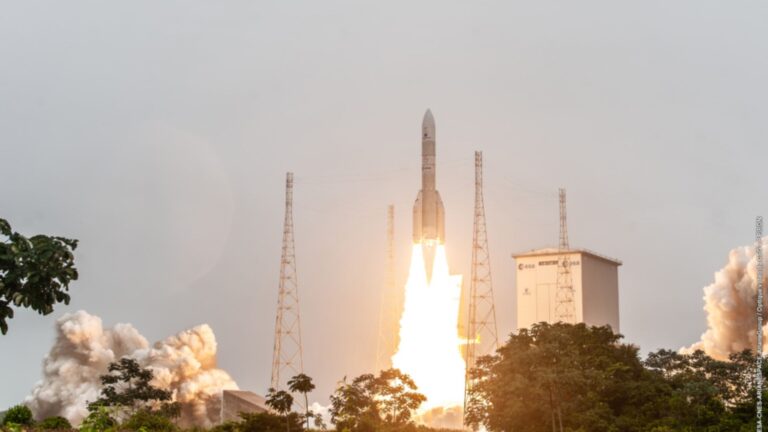SemiconIndia 2023: India's Semiconductor Ambitions Thriving Rapidly, Says MoS Rajeev Chandrasekhar
Union Minister of State for Electronics & IT and Skill Development & Entrepreneurship, Rajeev Chandrasekhar, delivered a keynote address at the SemiconIndia 2023 Conference’s second day, highlighting India’s commitment to the semiconductor industry. He praised the nation’s rapid strides in this field under the visionary leadership of Prime Minister Narendra Modi.
The three-day SemiconIndia 2023 Conference saw substantial participation from industry experts, academia, and government officials. The Next-Gen Computing session featured discussions by industry leaders. Balaji Baktha, CEO of Ventana Micro Systems, discussed digital autonomy and sovereign datacenter infrastructure powered by RISC-V. Raja Koduri, CEO of Mihira AI, emphasized the future of computing and the significance of time and financial resources for startups.
The conference also hosted panel discussions on various crucial themes, including semiconductor packaging. Experts from companies like Micron Technology, Simmtech, Disco, and Air Liquide discussed the supply chain strategy and roadmap for Micron’s Assembly, Testing, Marking, and Packaging (ATMP) plant in India. The panelists underscored the potential of India in large-scale R&D and the importance of industry-relevant research and consortia models.

“Next-generation designs” were explored in-depth during the conference. Lars Reger from NXP Semiconductors spoke about the growth of autonomous and electric vehicles (EVs) in India, with an emphasis on software and digital twin technologies. Indian unicorns were highlighted as potential partners for NXP, contributing to innovation in the semiconductor landscape.
Another panel of industry leaders discussed how emerging designs are influencing Fab loading and the significance of custom computing for AI, data centers, and the automotive industry.
The conference also delved into investment opportunities in the Indian semiconductor ecosystem. Investors from Celesta Capital, Matrix Partners, Endiya Partners, and Qualcomm Ventures shared their perspectives on semiconductor startups and the government’s support in this sector.
The roadmap for the India Semiconductor Research Centre (ISRC) was a topic of discussion, focusing on driving innovation in advanced semiconductor and packaging technologies with academic, industrial, and volume manufacturing components.
Eminent speakers from companies like Applied Materials, Lam Research, KLA, and others discussed India’s increasing role in semiconductor equipment innovation, research, and its importance in ensuring a resilient semiconductor supply chain.
A session led by Jitendra Chaddah from GlobalFoundries discussed building a sustainable semiconductor ecosystem. Industry leaders recognized the capital-intensive nature of the semiconductor industry and the need for investments in infrastructure, technology, and human resources to ensure its success in India.
Various panel discussions explored global trends and innovations in the semiconductor equipment supply chain, attracting global semiconductor supply chains, and building a sustainable domestic semiconductor supply chain in India.
Overall, the SemiconIndia 2023 Conference provided valuable insights into India’s growing commitment to the semiconductor industry and its potential for future growth and innovation under strong government support. The conference served as a platform for industry leaders, academia, and policymakers to discuss critical aspects of the semiconductor sector and pave the way for India’s further advancement in this crucial field.






